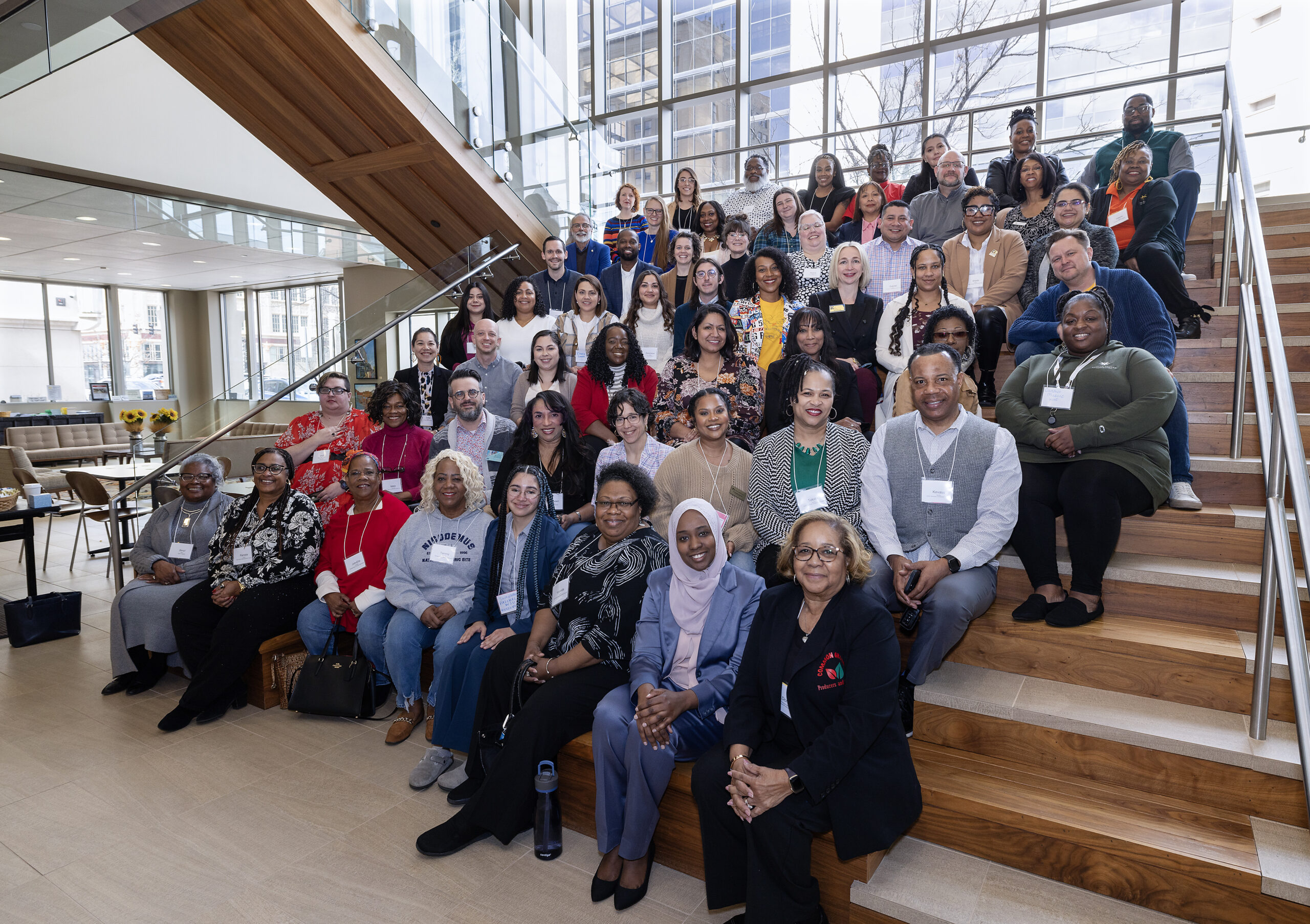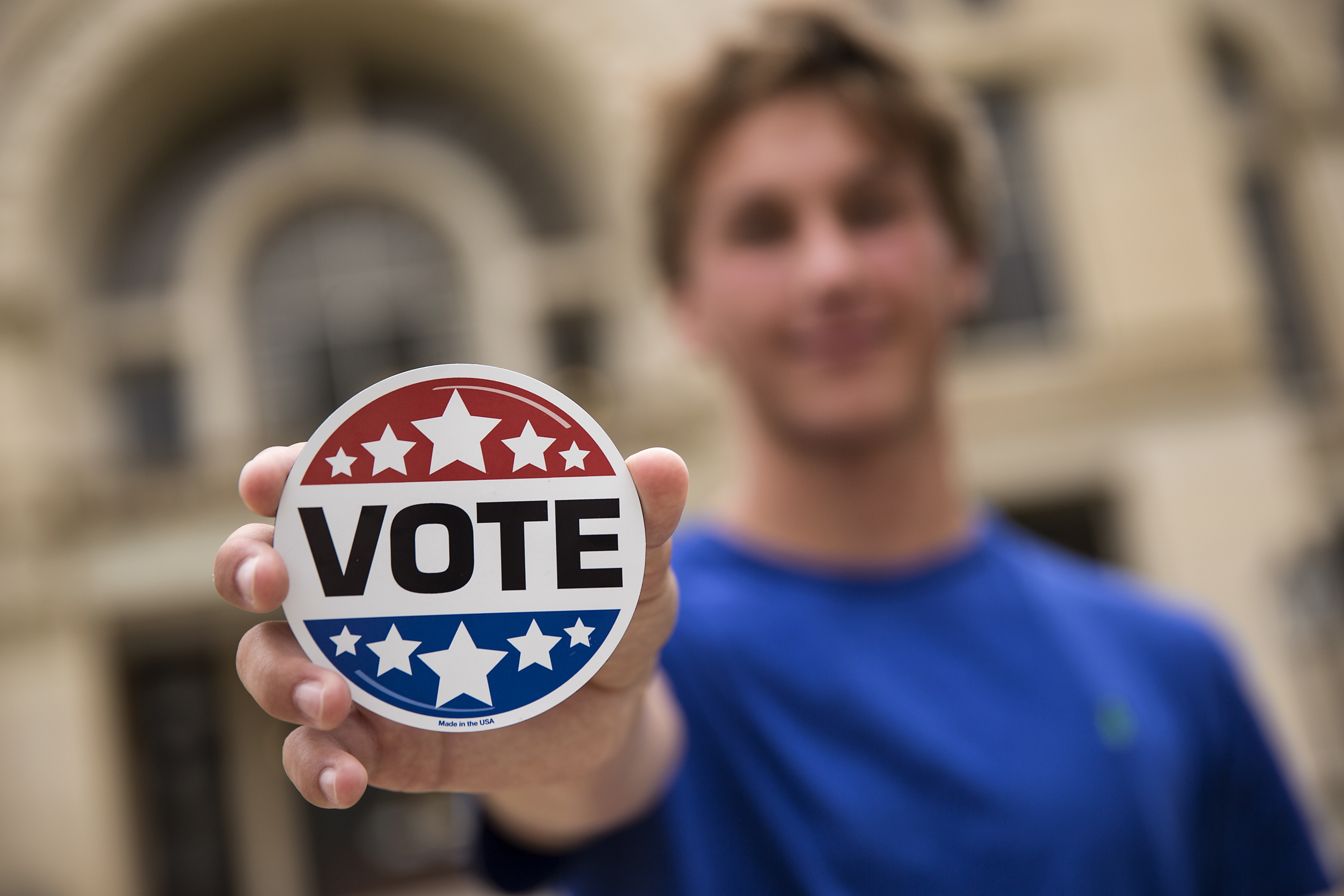- Initiatives
Initiatives
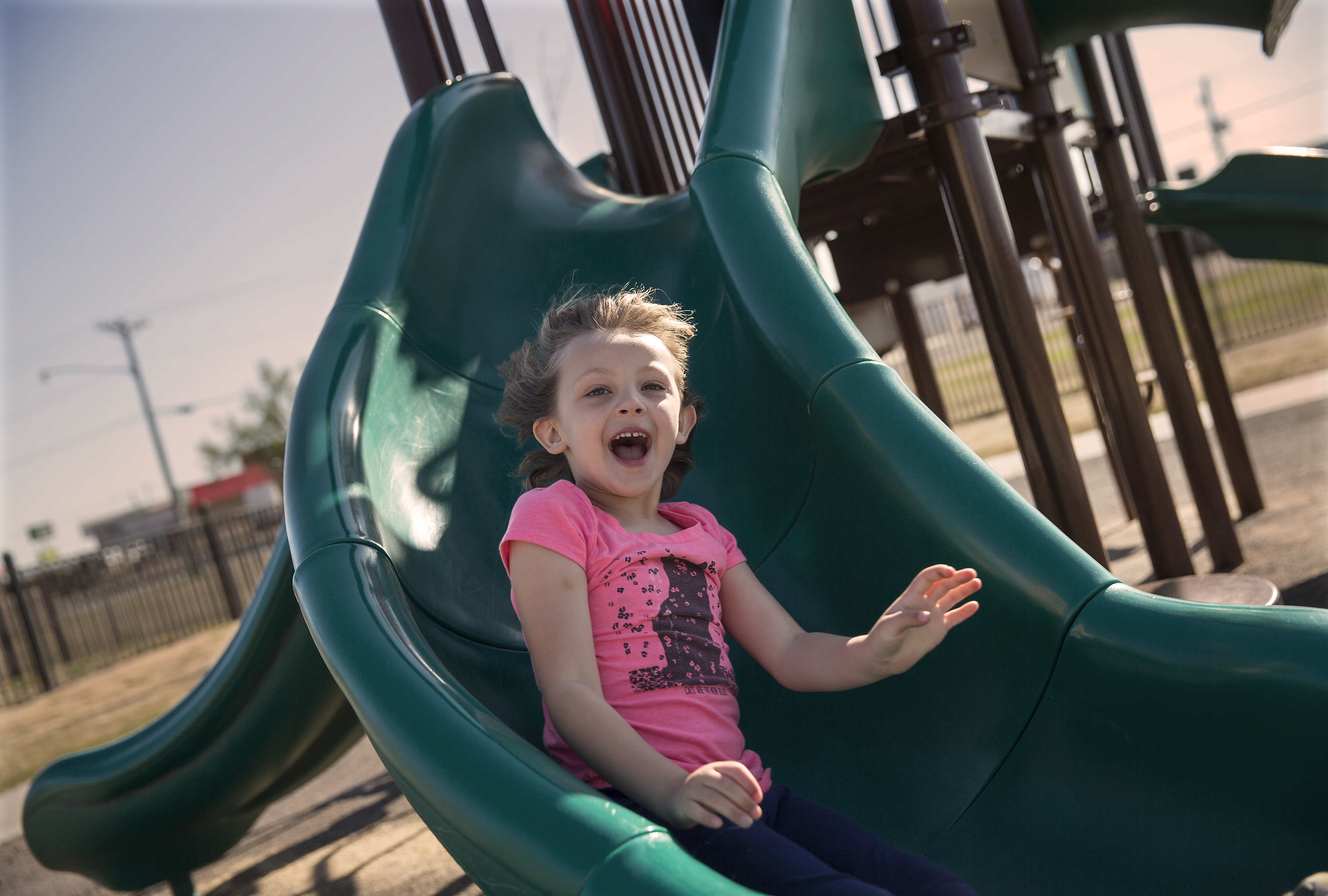
If you truly want to see how KHF spends its time, energy and resources, we invite you to view the active initiatives happening throughout Kansas.
- Opportunities

Opportunities
Learn more about what opportunities mean at KHF, including for both funding and participation.

Current Opportunities
At any given time, we may have multiple available opportunities. This could include grants, sponsorships or when we seek your opinions.
- News & Views
News and Views
Want to see our latest news releases? Interested in insights and opinions from our team members? This is the place to find it all!

News
See the latest news releases from KHF, including information on initiatives, opportunities and people.
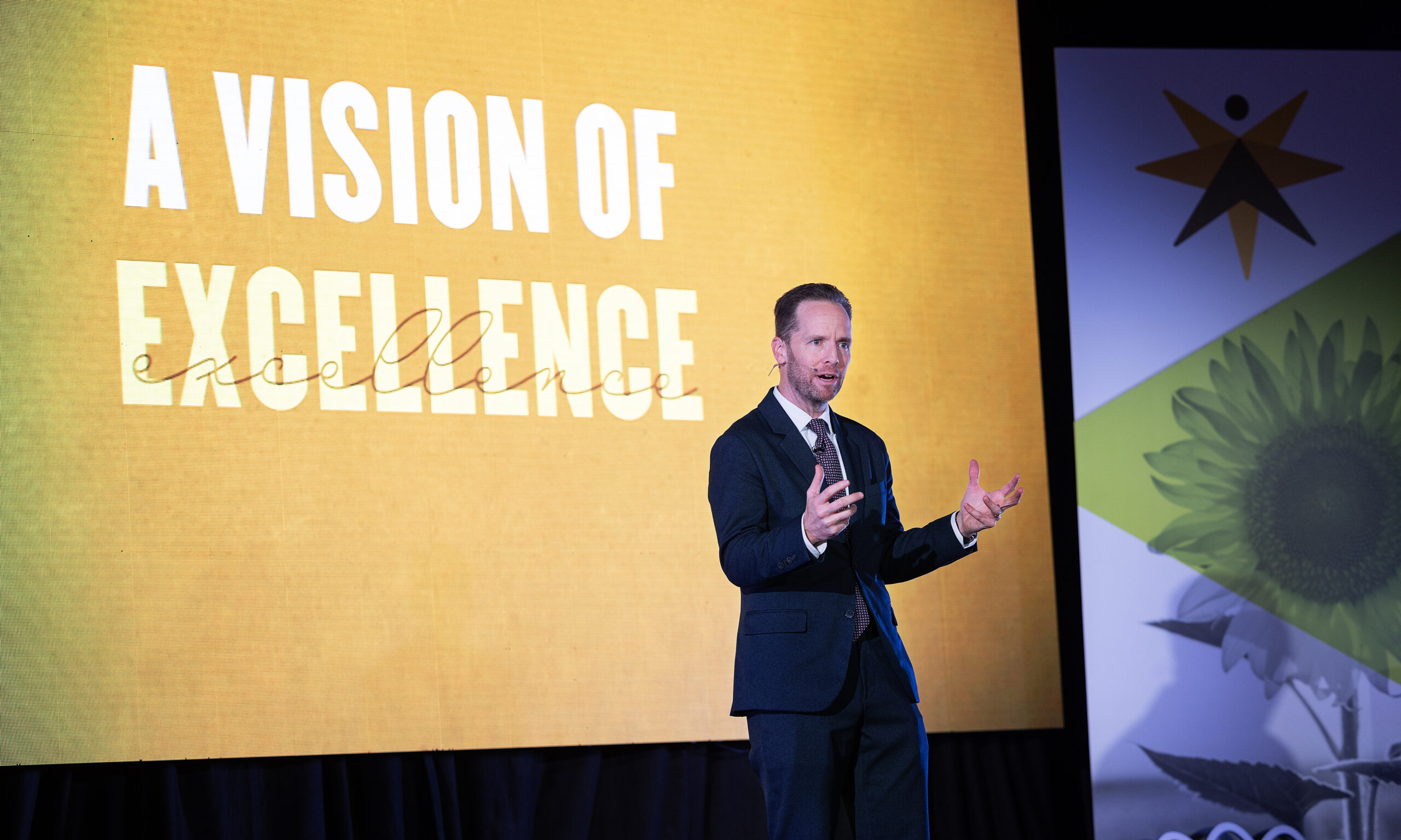
Blog
Whether it's our staff or our board, the people associated with KHF have unique expertise and insights. Through this blog, you can read more about the topics that are important to us.
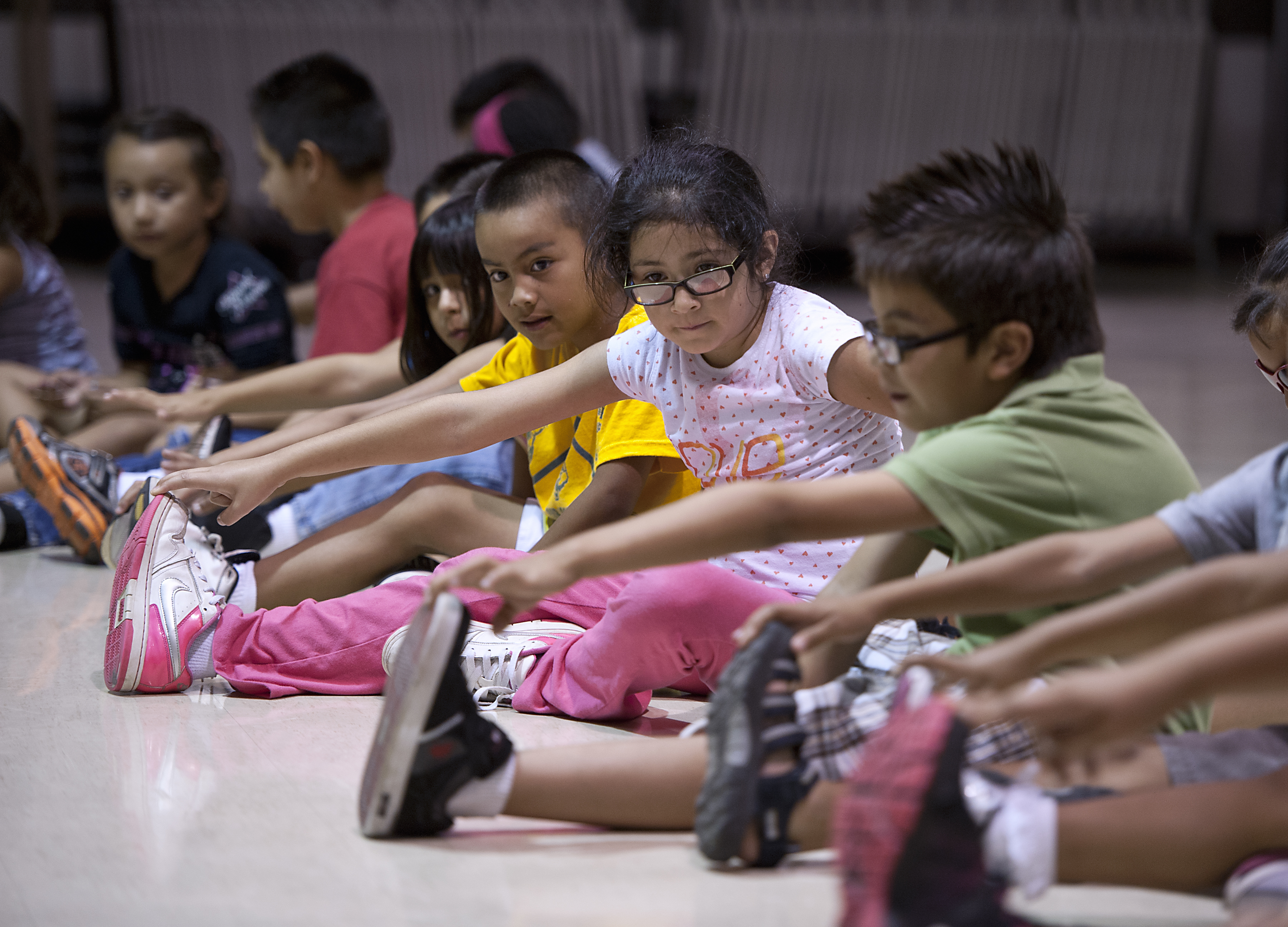
Stories
Want to know about the impact our partners are having across the state? Here, we try and share stories of impact and effort taking place each day.
- About Us
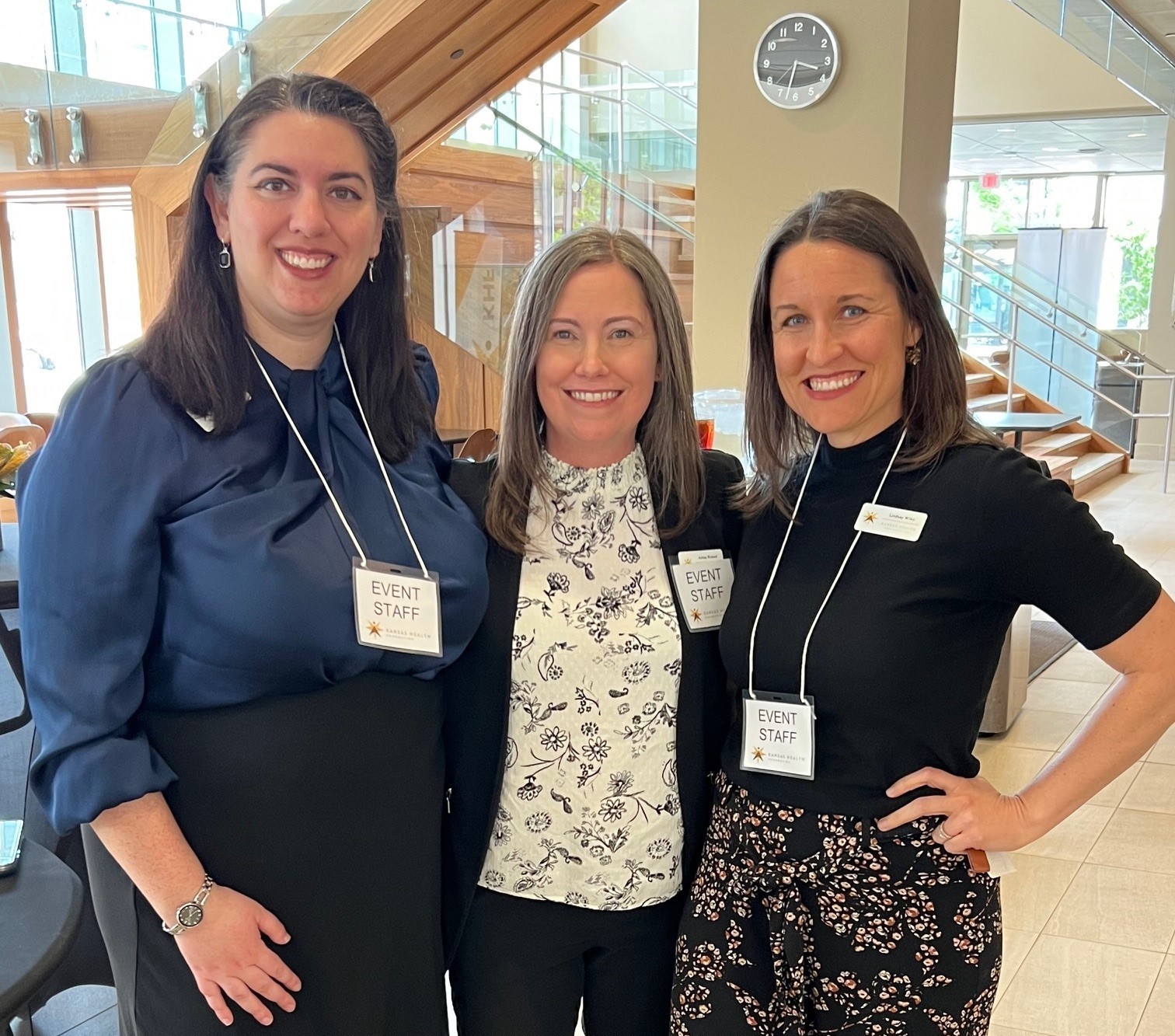
Who We Are
See a high-level overview of our work, our strategies, our team and our history.
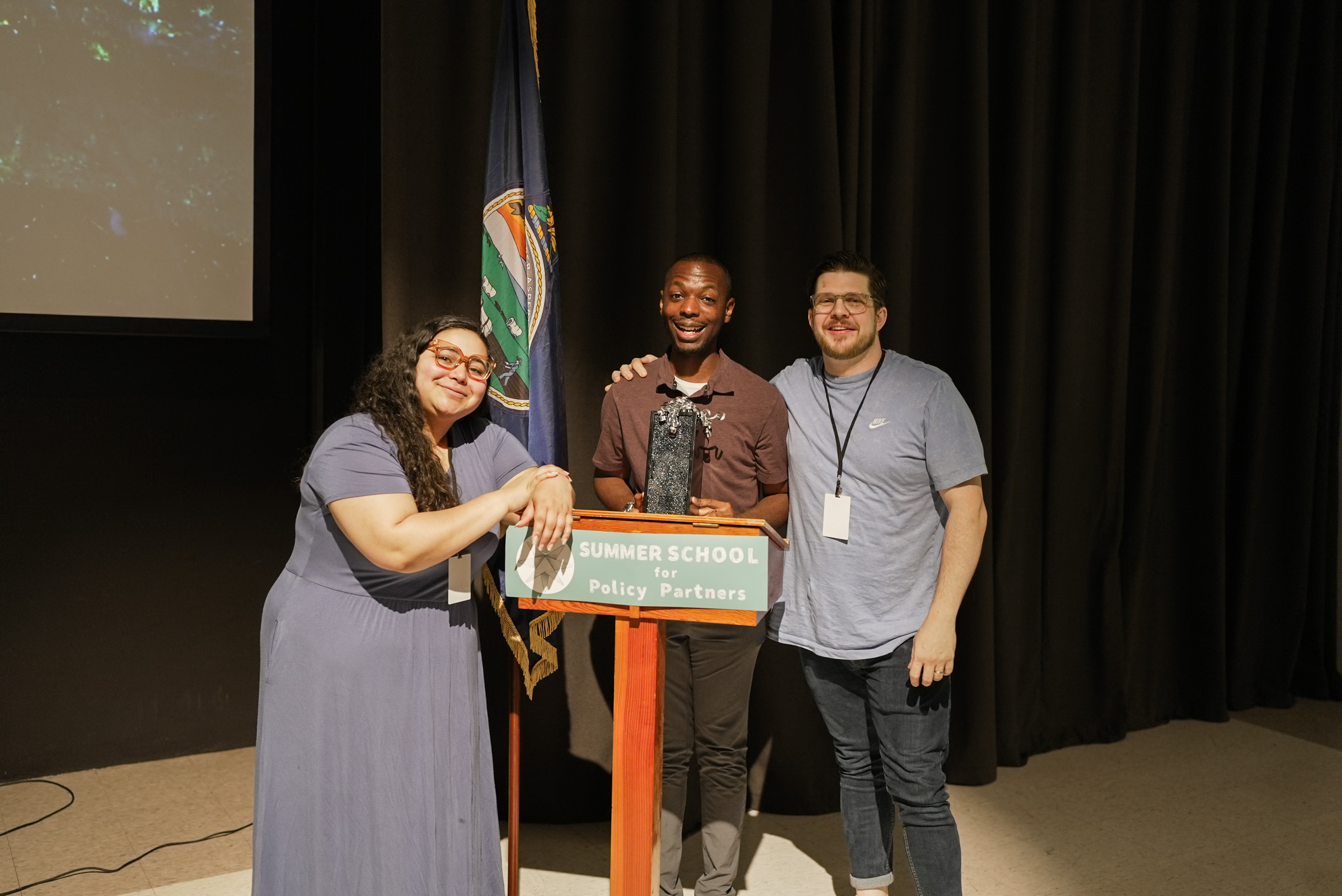
Our Team
Learn more about the people that make KHF a place of both impact and enjoyment.

Financial Information
We try to always be effective stewards of the KHF endowment. Learn more about our finances and how they're managed.

Careers
Check here to see of any job postings and more information about working with us.
2019 Annual Report
CLICK HERE TO VISIT REPORT SECTIONS
Looking back, but recognizing the present
In 2019, the Kansas Health Foundation was privileged to once again work with more than 100 nonprofit organizations, school districts, municipalities and faith-based groups. These partners, year after year, form the backbone of health prevention and improvement in our state. We also recognize as we release this report, much of the world is currently focused on relief and response efforts related to the COVID-19 virus. Though this report focuses on 2019, many of the partners and grantees featured below are the same groups, led by the same individuals, who are on the frontlines of protecting their family, friends, neighbors and communities in this time of crisis. It is for these great leaders that we provide thanks for outstanding efforts in 2019 and gratitude for their courageous work now in 2020.
A LETTER FROM OUR BOD CHAIR AND CEO
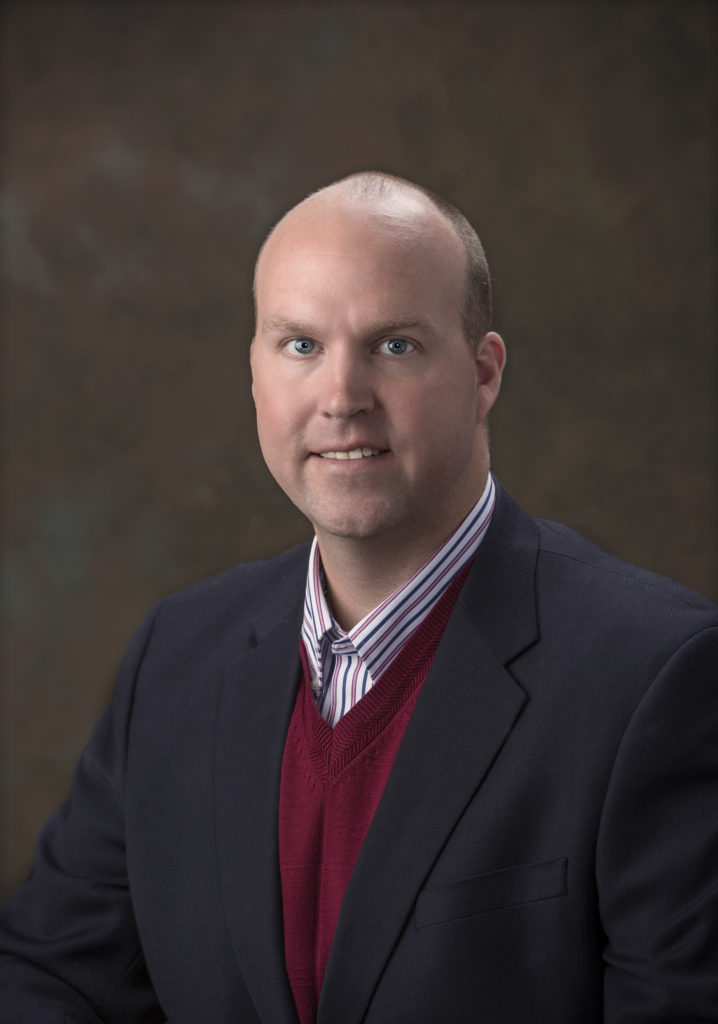
Matt Allen
Chair, Board of Directors
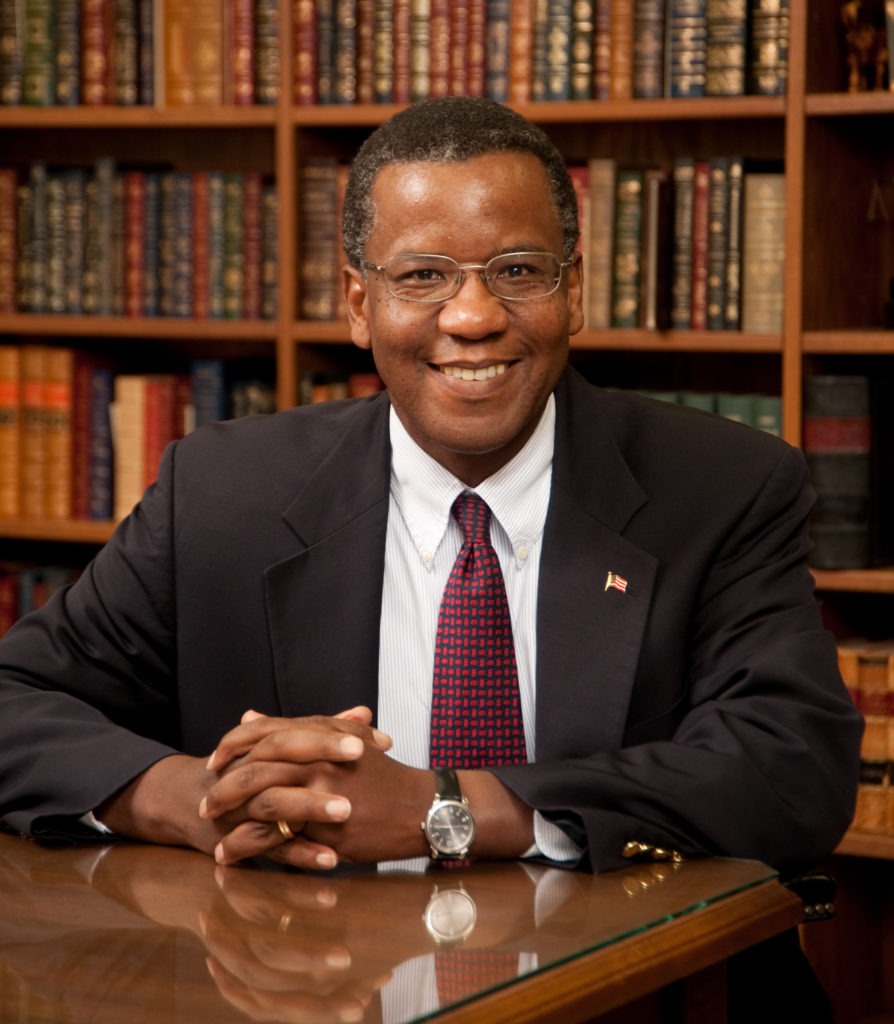
Reginald L. Robinson
President and CEO
We release this 2019 annual report amidst historic events. The COVID-19 public health crisis and tragic events that remind us of the persistence of racial injustice powerfully accentuate how critical it is for KHF to remain steadfast in our commitment “to improve the health of all Kansans.” The health, economic and social damage inflicted by the pandemic and the lingering power of systemic racism affect every individual, family, neighborhood, community and organization.
For more than three decades, KHF has focused primarily on work to prevent disease and promote healthy behaviors. We know that social determinants – including income, race/ethnicity, where people live, and their levels of educational attainment – affect health behaviors and health outcomes. Our grants to state and local organizations enable us to understand and respond to the health needs and outcomes of our most vulnerable populations, neighborhoods and communities. In 2019, KHF provided grants to more than 100 Kansas organizations, investing nearly $20 million dollars, to produce healthier and stronger communities.
Grants to these nonprofit partners help to bring communities together, leverage partnerships for systems change, and increase their organizational capacity to deliver services. Improving the health of all Kansans begins by working with communities. We know local health needs are complex, so we rely on local stakeholders and leaders to steer us toward sustainable progress.
Much of our work in 2019 focused on how to improve systems and environments to produce better health. Specifically, we have sought to increase access to care, promote healthy behaviors, spur civic/community engagement, and lift educational attainment. In addition, KHF continued core funding support to our organizational partners: The Kansas Health Institute, Kansas Leadership Center, Kansas Action for Children, Kansas Association of Community Foundations and the Kansas News Service. These institutions remain vital, helping us to understand the broader environment and to build capacity as populations shift and social factors work against positive health outcomes.
As we navigate and respond to both the loss imposed by a pandemic, and the compelling need to tackle racism, we are learning more about the fragility and inadequacies of so many of our systems. The relationships and partnerships KHF has established over the years will be even more critical to determine the best strategies for responding to our state’s urgent needs.
It is a distinct and humbling privilege and responsibility to serve as stewards of the Kansas Health Foundation’s mission and resources. We believe, with the help of long-time partners, as well as new grantees, our state can overcome the obstacles that block our collective pursuit of healthy communities.


2019 Grantmaking
It is with a great sense of responsibility each year that we determine how best to allocate our grant resources. In 2019, more than $20 million was provided to support important initiatives aligning with KHF’s four major impact areas. From supporting rural and urban safety net clinics, to strenghtening local food policy councils, some grants continued long-term efforts. In the case of activities like outreach for the 2020 Census and the creation of a bilingual early literacy resource, we identified one-time or emerging needs with direct community benefit. Regardless of the type of grant, location of the grantee or amount of support provided, each and every grant was provided with the desire to be the best stewards possible of the KHF assets.
To learn about all of this support, please click on the link below for a PDF showing all of our 2019 grantmaking.
KANSAS HEALTH FOUNDATION IMPACT AREAS
Access to Care
Access to necessary behavioral, oral and general health care remains a vital need in Kansas communities. Unfortunately, nearly 1 in 7 Kansans currently lack health care coverage, limiting their options for seeking preventive treatment. KHF continues to work with partners around the state to expand Medicaid and create additional opportunities to keep Kansans healthy.
Statistics on Access to Care
Whether talking about medical, oral or behavioral health, Kansas must improve access to care.
Healthy Behaviors
Studies show tobacco use and obesity remain the leading causes of preventable death and illness in Kansas. It’s why KHF continues to seeks ways to increase access to healthy foods, increase physical activity and reduce the use of tobacco products. Whether it’s working with local entrepreneurs to ensure towns have grocery stores, or partnering with school districts on physical education curriculum, encouraging healthy behaviors remains an important part of KHF’s work.
Statistics on Healthy Behaviors
Kansans continue to engage in behaviors like smoking and eating unhealthy foods.
Civic and Community Engagement
KHF recognizes individuals’ health and well-being are also influenced by where and how they live. And stronger communities also help improve the health of Kansans. However, Kansas data indicates individuals and groups that traditionally experience poor health outcomes may be less likely to participate in the election process, contact their elected officials or attend public meetings. Active, engaged community members help to shape policies, express needs and expectations, determine how resources are allocated, and elect their representatives. For this reason, KHF continues to engage at the local and state levels to create healthy communities.
Statistics on Civic and Community Engagement
Elections provide a key way for Kansans to be civically engaged.
Civic and Community Engagement Success Stories
Educational Attainment
A minimum of a high school diploma remains paramount for long-term life success. KHF believes that improved graduation rates will lead to healthier, stronger Kansans. Educational attainment plays a critical role in a myriad of health issues, as Kansas data indicates lower levels of education are often linked to lack of health care coverage, limited ability to pay for medical or dental treatment, higher use of tobacco products, increased obesity rates and poor health outcomes. To improve graduation rates in the long term, KHF is currently focused on improving early literacy and creating a foundation for lifetime learning.
Statistics on Educational Attainment
Educational environments are prime opportunities to establish lifelong healthy habits and future success.
ACTIVE 2020 INITIATIVES
Against the backdrop of celebrating our grantees’ success in 2019, we also realize much of the world’s attention is currently turned toward the COVID-19 virus. While the initiatives listed below were not part of 2019, they are a small part of what our organization is doing to support organizations and communities during this pandemic. We hope to be able to feature these efforts, and hopefully have positive news about defeating this virus, in our 2020 annual report.
COVID-19 RESPONSE GRANTMAKING and RESOURCES
The Kansas Health Foundation board of directors recently approved $5.325 million in grant funding to support statewide COVID-19 efforts that provide access to health care, address food insecurity, and assist the United Way of the Plains with pandemic response.
Learn MoreTo help organizations, individual and communities, KHF created a multi-tab resources section specifically geared toward the COVID-19 pandemic.
Learn More

